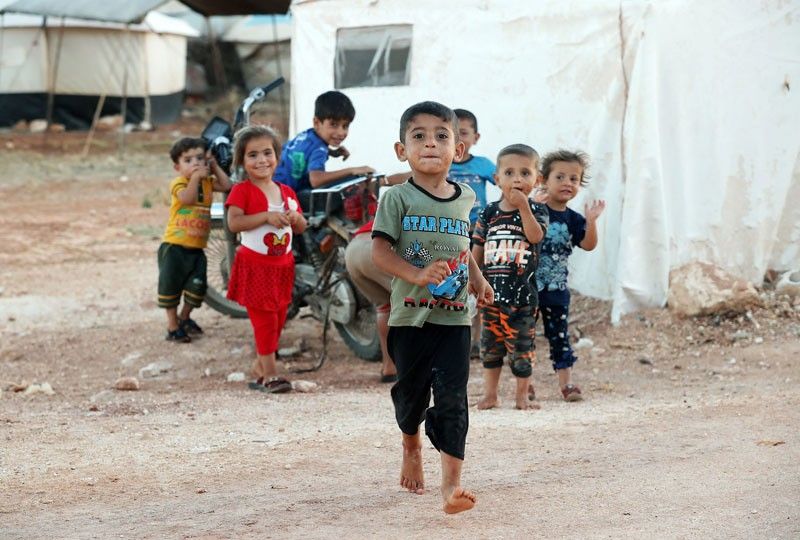Price spikes push 71 million into poverty – UN

UNITED NATIONS – Soaring global food and energy prices have forced 71 million people into poverty in the world’s poorest countries, according to a report by the United Nations Development Program.
The rise in the developing world’s poverty rates over the past three months “is drastically faster than the shock of the COVID-19 pandemic,” said the UNDP in a press release, blaming the price surges in part on the war in Ukraine.
To address the growing issue, the UNDP said “targeted cash transfers to households are more equitable and more cost-effective than blanket energy subsidies,” but the UN agency added that governments will “need support from the multilateral system to make ends meet.”
The UNDP also warned in its report that as central banks raise interest rates to tackle inflation, “there is a risk of triggering further recession-induced poverty that will exacerbate the crisis even more, accelerating and deepening poverty worldwide.”
The report examined 159 countries, and found the situation to be most critical in the Balkans, the Caspian Sea region and sub-Saharan Africa, particularly in the Sahel.
“Unprecedented price surges mean that for many people across the world, the food that they could afford yesterday is no longer attainable today,” said UNDP head Achim Steiner.
“This cost-of-living crisis is tipping millions of people into poverty and even starvation at breathtaking speed and with that, the threat of increased social unrest grows by the day,” he warned.
Among the countries facing the most severe consequences of surging prices, according to the report, are Armenia, Uzbekistan, Burkina Faso, Ghana, Kenya, Rwanda, Sudan, Haiti, Pakistan, Sri Lanka, Ethiopia, Mali, Nigeria, Sierra Leone, Tanzania and Yemen.
Meawhile, Sri Lanka is bankrupt and the acute pain of its unprecedented economic crisis will drag on through the end of next year, Prime Minister Ranil Wickremesinghe told parliament Tuesday.
The island nation’s 22 million people have endured months of galloping inflation and lengthy power cuts after the government ran out of foreign currency to import vital goods, with economists blaming mismanagement for the worsening economic woes.
Wickremesinghe said the once-prosperous country would go into deep recession this year and acute shortages of food, fuel and medicine would continue.
“We will have to face difficulties in 2023 as well,” the premier said. “This is the truth. This is the reality.”
He said Sri Lanka’s ongoing bailout talks with the International Monetary Fund depended on finalising a debt restructuring plan with creditors by August.
“We are now participating in the negotiations as a bankrupt country,” Wickremesinghe said.
“Due to the state of bankruptcy our country is in, we have to submit a plan on our debt sustainability to them separately. Only when (the IMF) are satisfied with that plan can we reach an agreement.”
The IMF last week said more work was needed to set the nation’s finances right and repair its runaway fiscal deficit before a deal could be struck on a funding arrangement to address its balance of payments crisis.
It has also told authorities to do more to fight corruption and bring an end to costly energy subsidies that had long been a drain on the government budget.
- Latest
- Trending





























